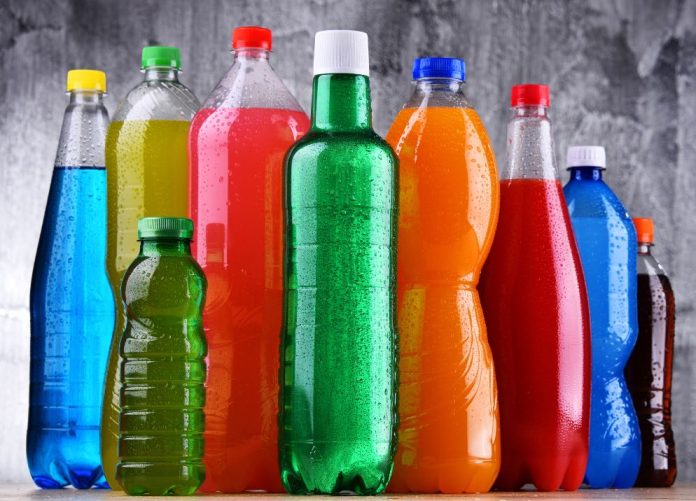Sugar- and high-fructose sweetened beverages may not deserve the bad rap they’ve gotten for adolescents in recent years, according to a new study, provided youth who drink them are physically active. .
Research indicates that high-glucose (sugar) and high-fructose (or high-fructose corn syrup) beverages are the largest source of added sugar in the diets of U.S. adolescents and young adults, according to the Centers for Disease Control and Prevention. Obesity rates have been steadily increasing in this age group, which CDC attributes in part to the increase in consumption in sugary beverages by youth. But a new study indicates that the beverages, when consumed short-term and in moderate amounts, don’t necessarily affect weight in adolescents who are physically active.
“These beverages may not be as unhealthy for adolescents as previously thought, provided that kids stay active,” says Jill Kanaley, professor and associate chair in the Missouri University Department of Nutrition and Exercise Physiology in Columbia, in a news release.“That physical activity component is really critical in protecting against some of the negative effects of drinking large amounts of sugar-sweetened drinks demonstrated in previous studies.”
The study looked at various types of metabolic health such as insulin sensitivity and cholesterol levels after participants drank moderate amounts (12 ounces) of either high-glucose or high-fructose beverages every day for two weeks. The high-glucose drink contained 50 grams of glucose and 15 grams of fructose. The high-fructose drink contained 50 grams of fructose and 15 grams of glucose. Participants wore armbands with electronic sensors to monitor their physical activity. All participants were healthy males and females ages 15-20.
Kanaley says that some research does indicate that sugary drinks have negative metabolic effects. However, some of that research didn’t include young people and it didn’t determine participants’ physical activity.
“Many parents of adolescents worry about their children’s consumption of sweetened beverages,” Kanaley says. “I certainly would recommend that they work to reduce their children’s intake of sugary drinks, but it also is important for kids to remain active, especially if they are drinking a lot of sugary beverages.”
The exercise the youth got didn’t need to be formal. In her study, she says female participants averaged walking about 8,000 steps per day, and the males averaged about 10,000 steps per day.
“These children weren’t athletes, but they had active lifestyles,” Kanaley adds.















